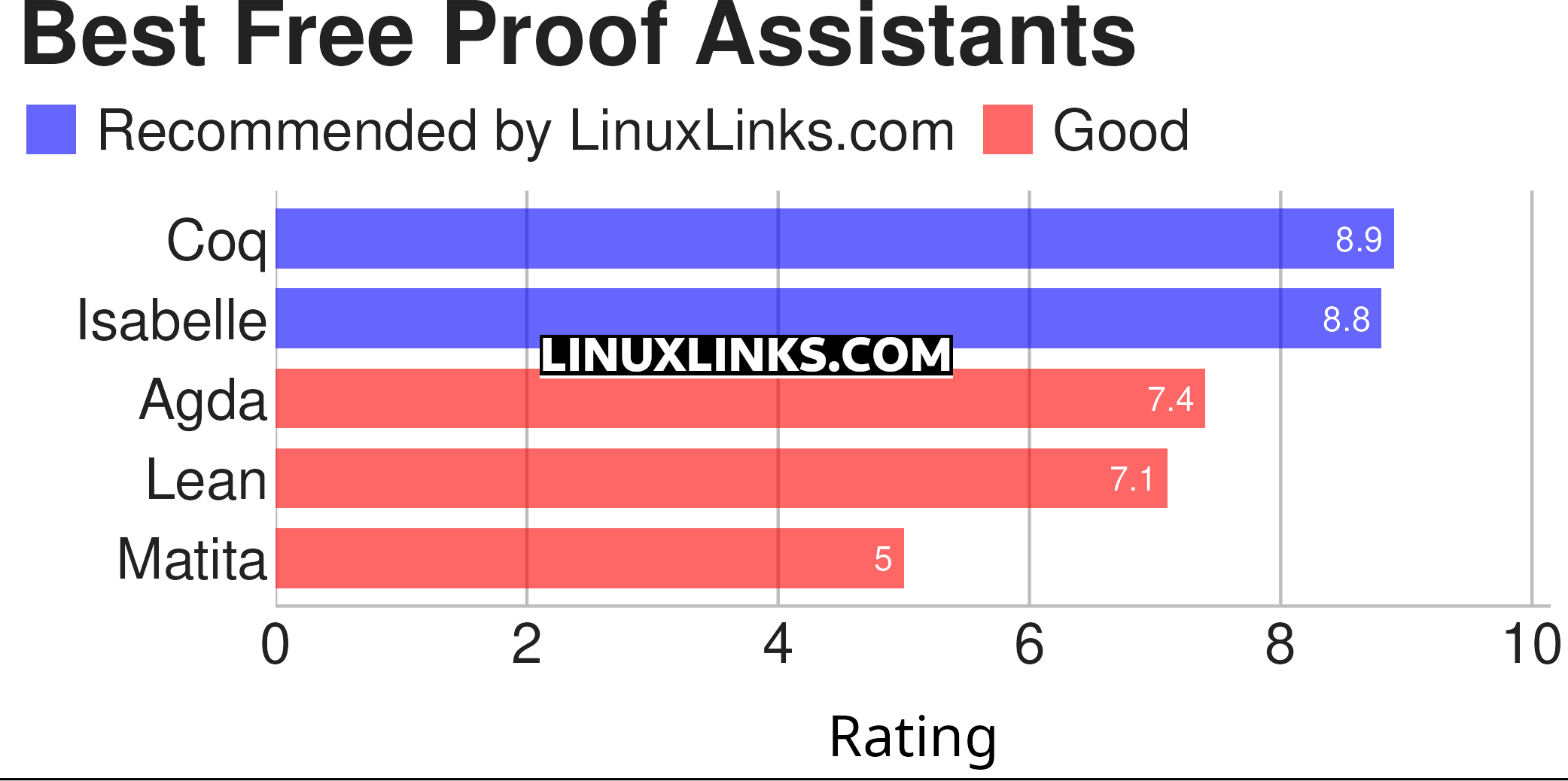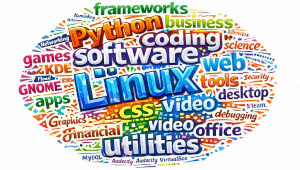In computer science and mathematical logic, a proof assistant or interactive theorem prover is a software tool to assist with the development of formal proofs by human-machine collaboration. This involves some sort of interactive proof editor, or other interface, with which a human can guide the search for proofs, the details of which are stored in, and some steps provided by, a computer.
This type of software provides a formal language to write mathematical definitions, executable algorithms and theorems together with an environment for semi-interactive development of machine-checked proofs.
These software tools aid the development of formal proofs by man-machine collaboration. They offer a formal language where mathematical definitions, executable algorithms and theorems co-exist, and an interactive environment keeping the current status of the proof, and updating it according to commands (usually called tactics) issued by the user.
Here’s our verdict captured in a legendary LinuxLinks-style ratings chart. They are all free and open source software.

Let’s explore the 5 proof assistants. For each title we have compiled its own portal page, a full description with an in-depth analysis of its features, a screenshot of the software in action together with links to relevant resources.
| Proof Assistants | |
|---|---|
| Coq | Formal proof management system |
| Isabelle | Generic proof assistant; express mathematical formulas in a formal language |
| Agda | Interactive system for writing and checking proofs |
| Lean | Programming language and theorem prover |
| Matita | Experimental, interactive theorem prover |
This article has been revamped in line with our recent announcement.
 Read our complete collection of recommended free and open source software. Our curated compilation covers all categories of software. Read our complete collection of recommended free and open source software. Our curated compilation covers all categories of software. Spotted a useful open source Linux program not covered on our site? Please let us know by completing this form. The software collection forms part of our series of informative articles for Linux enthusiasts. There are hundreds of in-depth reviews, open source alternatives to proprietary software from large corporations like Google, Microsoft, Apple, Adobe, IBM, Cisco, Oracle, and Autodesk. There are also fun things to try, hardware, free programming books and tutorials, and much more. |

